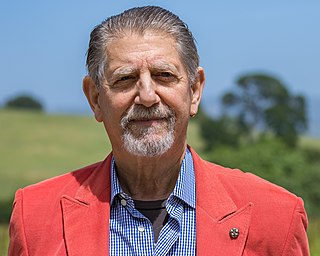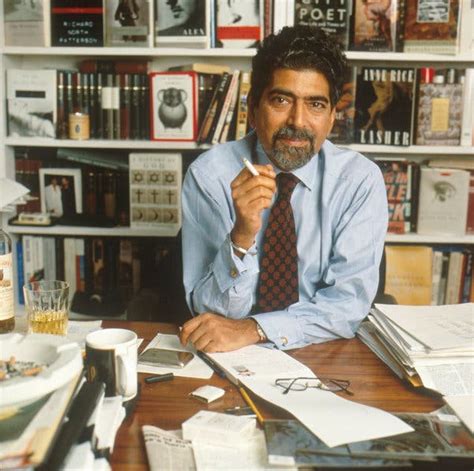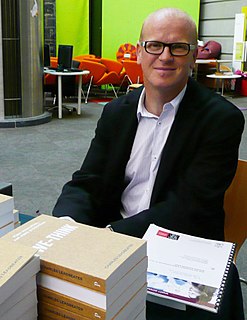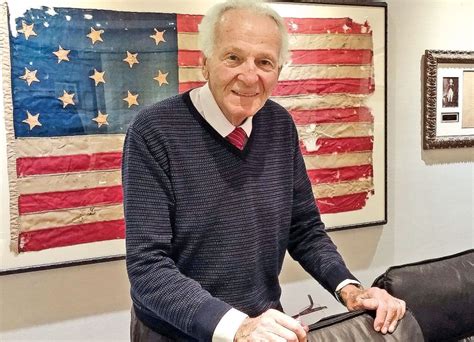A Quote by David Einhorn
Our view is that just because Amazon can disrupt somebody else's profit stream, it doesn't mean that Amazon earns that profit stream.
Related Quotes
Amazon Pages and Amazon Upgrade leverage Amazon's existing 'Search Inside the Book' technology to give customers unusual flexibility in how they buy and read books, .. In collaboration with our publishing partners, we're working hard to make the world's books instantly accessible anytime and anywhere.
There are lots of retailers that are now scrambling to emulate the Amazon model, so Amazon does not have a monopoly on same-day distribution or broad selection or low prices. All that said, there are advantages that accrue to the largest player, so I don't see much in the way of Amazon slowing down.
Booksellers initially thought of Amazon as their best friend. They were coming in, and they were challenging Barnes and Noble, and Borders, which were the big, dominant corporations of the day, and that they would disrupt them and make them less powerful, but they could never envision that Amazon would overtake them all.
We need to reverse three centuries of walling the for-profit and non-profit sectors off from one another. When you think for-profit and non-profit, you most often think of entities with either zero social return or zero return on capital and zero social return. Clearly, there's some opportunity in the spectrum between those extremes. What's missing is the for-profit finance industry coming in to that area. Look at the enormous diversity of the for-profit financial industry as opposed to monolithic nature of the non-profit world; it's quite astonishing.
People may be prepared to buy services from Apple and Amazon if they feel these companies do a good job, but we need to ensure that we can speak up when our content is used by other people for their profit. An activist amateur culture will constantly challenge and say, 'This is mine, you're not doing that with it.'
A leaf that falls into a stream (or a leaf we intentionally drop into a stream) just where the water disappears into the ground...will come out again at the next opening, because the underground stream has faithfully carried it there, though during this journey it has been beyond the reach of any outside interference. In the same way, an idea that has been introduced into our minds (or that we ourselves have intentionally introduced) will produce its effects after longer or shorter subconscious development.



































